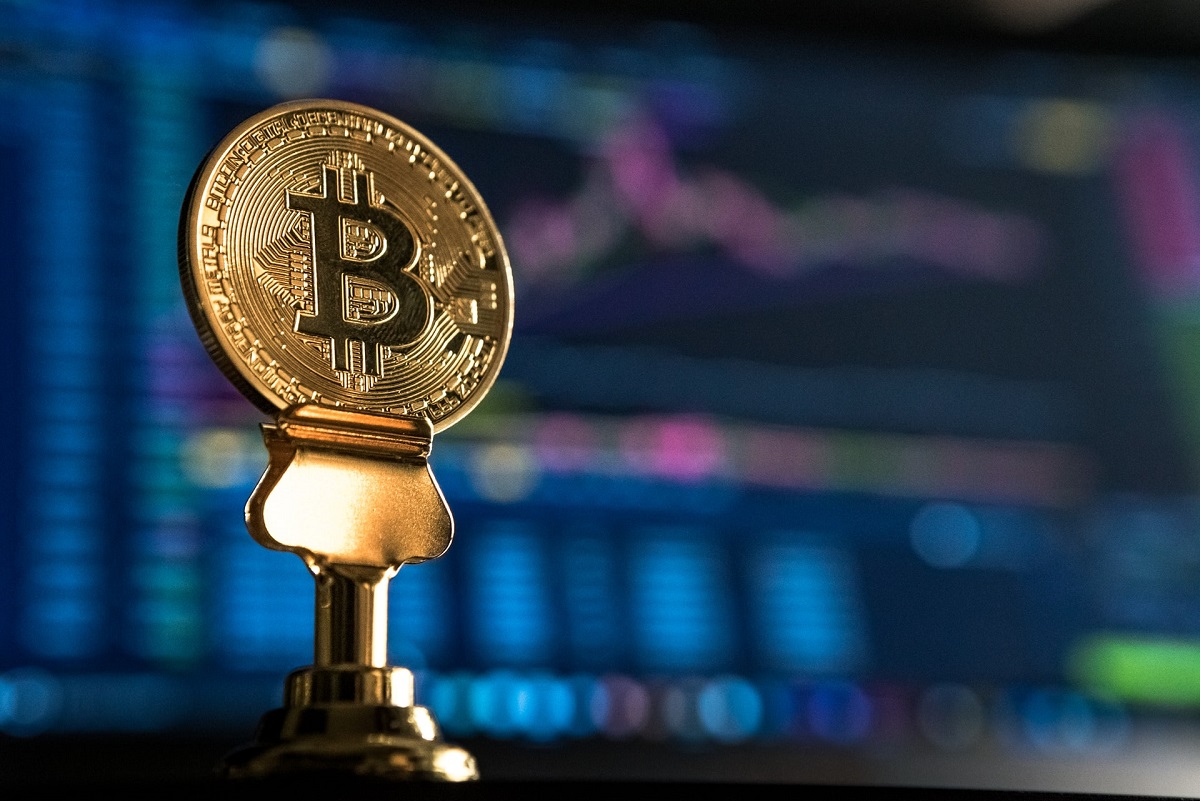medianet_width = “728”;
medianet_height = “90”;
medianet_crid = “142254224”;
medianet_versionId = “3111299”;
Although the crypto industry has not been at its best performance at the time of this report, its influence on the global economy has been undisputed. As more people continue to pick interest in the cryptocurrency industry, the increase in the rate at which people buy Bitcoin has started reflecting on Bitcoin’s market cap. Cryptocurrency has also worked as a stepping stone for countries: a way to boycott or sustain their troubling economy until a visible solution is introduced.
This development has compelled most countries to take a pip into the increasing capability of this particular coin. The urge to experiment with this coin is so intense that a country like El Salvador has taken a bold step toward making it a model of transactions. Not just them; other countries are following up with the trend. While some countries are busy battling with regulations, others have already created laws controlling mining and its general operation.
There has been a major shift in the way countries view bitcoin and its transactions, especially in 2019. So, today, the legality of bitcoin is no more in dispute as more countries have started to realize the fact that it is here to stay. Due to this new realization, they have started making provisions to accommodate it into their economy – this is also the reason behind the increased rate at which people buy Bitcoin in countries like Argentina, China, and El Salvador.
Countries like China battled with containing bitcoin activities, especially in the mining sector. But at a point, they came up with some regulations that seem to be working fine today. But that was after some sanctions on both the transactions and the mining, an activity that grossly affected the way people buy Bitcoin and its equivalent in that country. Below, we have listed some countries where you can legally buy bitcoin without restrictions.
The Australian government is among the later countries that have joined the crypto train. This was after many deliberations and legal consultations. Today, the Australian government has been tagged as the most supportive crypto and blockchain country, considering the favorable atmosphere it has created for it. Australia has also been named one of the countries with the most cryptocurrency adoption worldwide.
Australia legalized the use of crypto in 2017; later in the year, it was announced that it could be treated as an asset. However, this approval came with a price: a “capital profit tax” was introduced alongside it. A few years later, some other strict laws were introduced to monitor the process. It is also a way of checkmating people who use the medium to engage in money laundering, funding terrorism, etc.
It is no longer surprising why so many people buy Bitcoin in Argentina. The country introduced the use of crypto into their system because of the crippling effect of inflation on their economy. The inflation was so high that it grossly affected Peso’s local currency. The country has been experimenting with crypto since 2002 but without a visible regulation covering its operations.
State authorities like the Securities Commission (CNV) and Central Bank of Argentina (BCRA) once announced that bitcoin and other cryptocurrencies are not legal tenders because the country’s central bank does not issue them.
Canada was one of the first countries to develop laws regulating Bitcoin operations and its equivalent. To succeed in this, they came up with the “Bitcoin legislation:” a law that strictly controls the operations of all cryptocurrencies, including Bitcoin. The Canadian government has specifically stated that cryptocurrency in the country is legal but cannot be used as a legal tender.
This means that although you can buy bitcoin while in Canada, you can’t use it to pay for a commodity while in the country. Meanwhile, Canada’s tax authority: the Canada Revenue Agency (CRA), has termed bitcoin a digital commodity. This means that it can be taxed when transacted.
The Central African Republic became the second country in the world to adopt the use of bitcoin in its system. Today, bitcoin is used as an official currency, and the National Assembly has officially issued a formal rule that has legalized the new trend. Today, both Bitcoin and the country’s legal official currency, the CFA franc, are used as official legal tenders.

© Salon Privé Magazine Is A Salon Privé Group Publication
Cookie Policy | Privacy Policy | About Us
0
Our site uses cookies. Learn more about our use of cookies: Cookie Policy
Author
Administraroot


